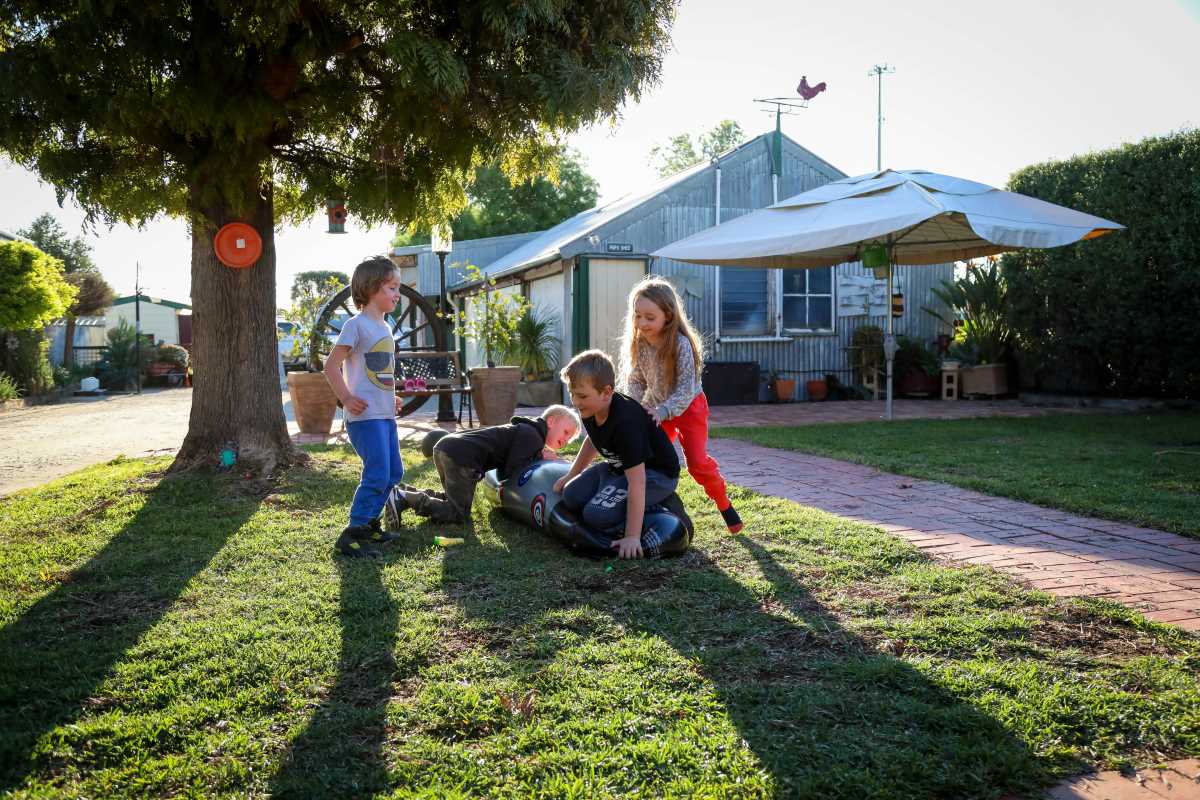Ensuring the safety and security of your loved ones is a top priority for every family. From physical protection to online safety, the threats we face today require a proactive approach to safeguarding those we care about most. By adopting some key strategies, you can create a more secure environment for your family at home, on the road, and online. Here are some best practices to help keep your loved ones safe.
1. Home Safety Measures
Your home should be a sanctuary for your family, and securing it properly is the first step toward ensuring their safety. Installing security systems with surveillance cameras, motion sensors, and alarm systems can help deter potential intruders. Make sure all doors and windows have strong locks, and don’t forget to secure secondary entry points such as basement windows and garage doors. Outdoor lighting, especially around entryways, adds an extra layer of protection by illuminating areas where an intruder could hide.
Beyond security measures, it's important to consider other risks like fire hazards and accidents. Equip your home with smoke detectors and carbon monoxide alarms on each level, and test them regularly. Have a fire escape plan that includes multiple exit routes, and ensure that every family member, including children, knows the plan. Keeping a well-stocked first aid kit in a readily accessible location is also essential for handling emergencies.
2. Cybersecurity for Families
In today’s digital age, online safety is just as crucial as physical security. With so many devices connected to the internet, from computers to smartphones, it’s important to establish guidelines for safe internet usage. Encourage family members to create strong, unique passwords for all accounts and to change them regularly. Enable two-factor authentication wherever possible, and educate children about the dangers of sharing personal information online.
Parental controls are also a valuable tool in monitoring and managing your children's online activities. These controls can limit the types of content they can access and set time limits for internet usage. Teaching kids about the importance of privacy and how to recognize online scams, phishing attacks, and cyberbullying can prevent them from falling victim to digital threats. Regularly discussing these topics as a family will ensure that everyone stays vigilant and informed.
3. Emergency Preparedness
Being prepared for emergencies is a vital component of family safety. Start by assembling an emergency kit that includes water, non-perishable food, batteries, flashlights, and any necessary medications. Keep this kit in a location where it can be quickly accessed in the event of a natural disaster or extended power outage. Make sure that every family member knows where the kit is located and what to do in an emergency.
It's also important to have a communication plan in case of separation during a crisis. Designate a meeting spot outside of the home and choose an out-of-town contact that everyone can check in with. Practicing these emergency drills periodically will help your family respond calmly and effectively when faced with unexpected situations. Knowing how to act quickly can be the difference between safety and danger in critical moments.
4. Personal Safety and Self-Defense
Teaching your family personal safety habits can empower them to stay safe in everyday situations. Encourage awareness of surroundings, especially in unfamiliar or crowded places, and teach children to stay close when out in public. Establish family rules for when it's okay to talk to strangers and when it's important to seek help from trusted adults.
Self-defense techniques can also be beneficial, particularly for older family members. Consider enrolling in self-defense classes as a family activity, which can boost confidence and provide practical skills for handling dangerous situations. Carrying personal safety items, such as pepper spray or personal alarms, can also offer an extra sense of security when out alone.
5. Road Safety
Car accidents are a leading cause of injury, making road safety a crucial part of family safety practices. Ensure that every family member is properly buckled in before driving, including children in age-appropriate car seats or booster seats. Never text or use your phone while driving, and model good behavior for younger passengers by obeying speed limits and road signs.
For families with teenagers learning to drive, setting clear rules about driving safety is essential. Establish guidelines around distractions, such as avoiding phone use and limiting the number of passengers in the car. Regularly maintaining your vehicle, from checking tire pressure to ensuring the brakes are in good condition, can also reduce the risk of accidents. Instilling safe driving habits early on can help protect your loved ones on the road.
6. Health and Wellness Safety
Protecting your family also means looking after their health and wellness. Encourage healthy habits such as regular exercise, balanced diets, and sufficient sleep to boost the immune system and overall well-being. Ensure that everyone in the family is up to date on vaccinations and routine medical checkups. This is especially important for young children and older adults who may be more susceptible to illnesses.
Mental health is another important aspect of family safety. Create an open environment where family members feel comfortable discussing their feelings, stress, or anxiety. Being attentive to changes in behavior or mood can help you identify when someone may need professional support. By fostering both physical and mental well-being, you create a strong foundation for your family’s overall safety and happiness.
By implementing these best practices, you can build a safe, secure environment for your family both at home and beyond. Taking proactive steps toward physical security, digital safety, and overall well-being will help ensure that your loved ones are protected from potential dangers, giving you peace of mind in today’s unpredictable world.
 (Image via
(Image via.jpg)





